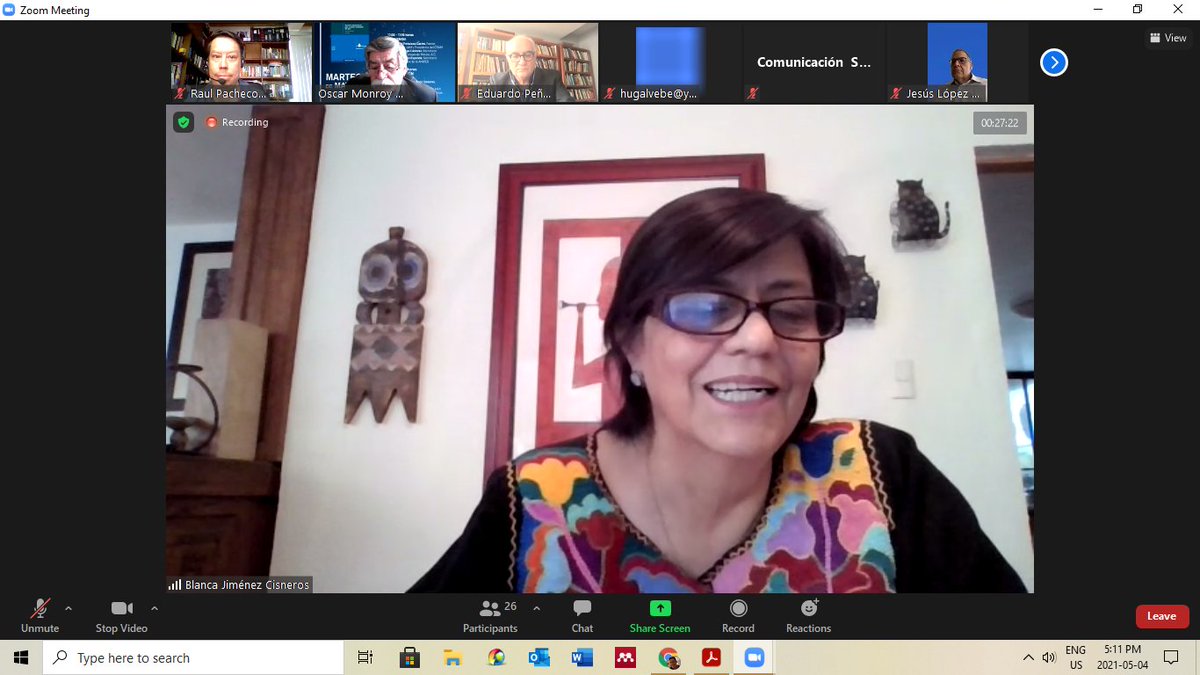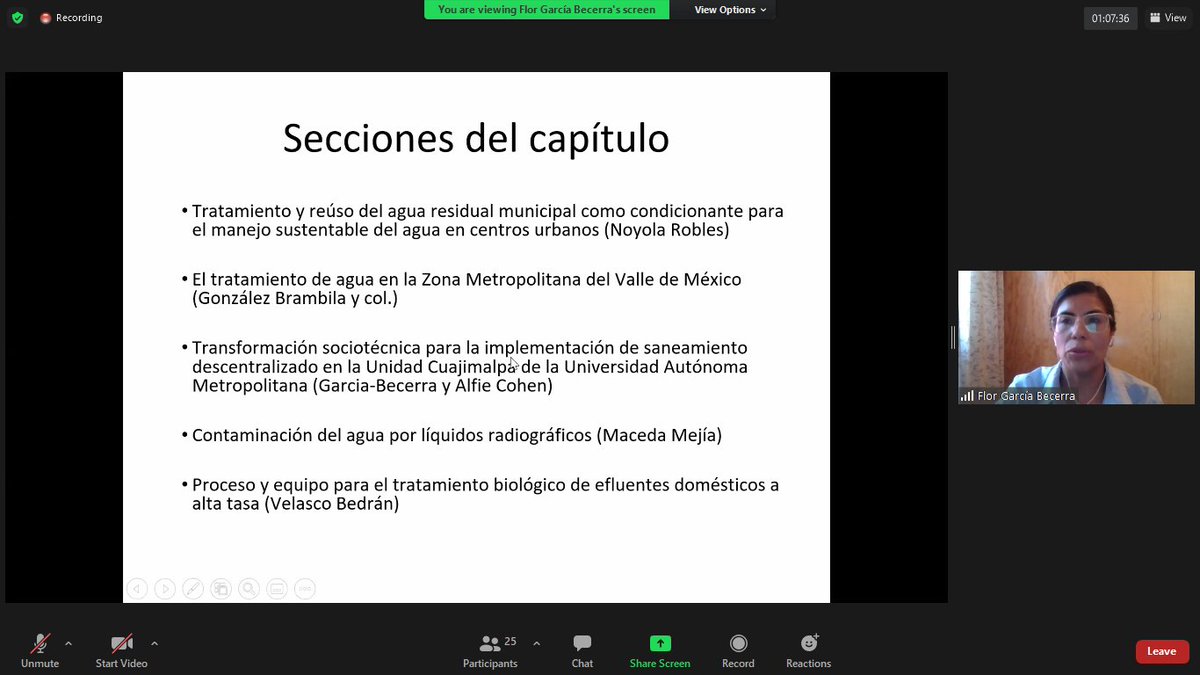
Me parece inaudito que tenga que pasar lo de la Línea 12 para que se den cuenta de la urgencia de estudiar, entender y resolver el problema público de la ausencia de una política pública para apoyar a las personas en situación de calle en México.
No existe tal.
No existe tal.
Llevo estudiando ya hace años el tema de homelessness policy (política de atención a personas en situación de calle) y mi frustración es lo poco que se sabe del tema en México. También me frustra que no existan políticas públicas para resolver este asunto público prioritario.
Porque no es nada más un asunto de política pública de vivienda, ni de política social. La realidad de las personas en situación de calle es compleja y su entrada, permanencia y salida de la misma son multifactoriales. No hay UNA causa, hay múltiples y poblaciones heterogéneas
Uno de mis tesistas de maestría (@Oyefaus) está estudiando el tema para su tesis.
Falta muchísimo más por hacer (si a alguien le interesa hacer su tesis conmigo sobre el tema comuníquense).
</fin del hilo>
Falta muchísimo más por hacer (si a alguien le interesa hacer su tesis conmigo sobre el tema comuníquense).
</fin del hilo>
• • •
Missing some Tweet in this thread? You can try to
force a refresh


















